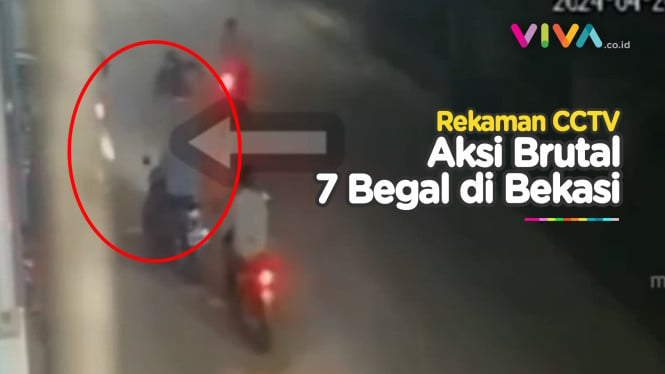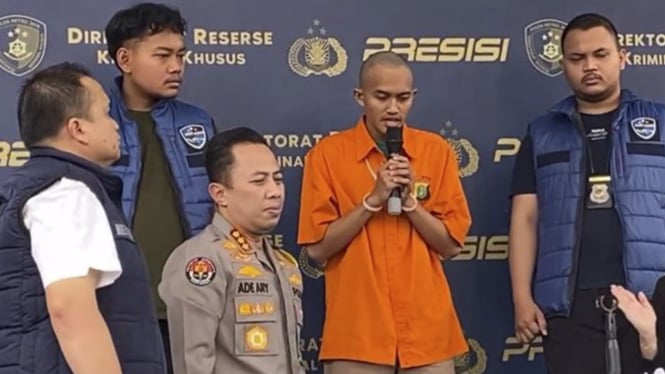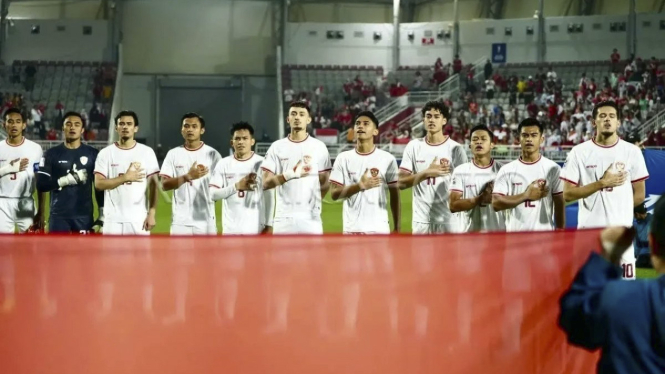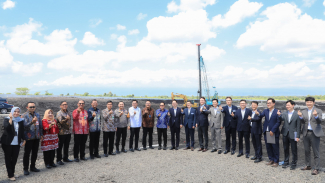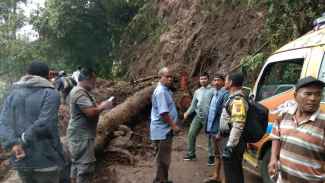Government Transfers Fund to State Banks
VIVAnews - The government and the central bank, Bank Indonesia (BI), have carried out various efforts to strengthen liquidity in the market. The latest measure was to transfer the government's account in BI to state-owned banks.
Raden Pardede, Head of Forum of Financial Sector Stability, said that this move is part of countercyclical policy which includes stimulus package for stimulating the economy.
"The strategy has been outlined in the 2009 State Budget. Everything is aimed at adjustment. Liquidity has been increased by transferring government's accounts to state-owned banks," said Raden, Jakarta, Nov 26.
In addition to ministerial/institutional budget, the government will disburse Rp 100 trillion for the next one month. Required reserve ratio will also be cut by five percent. BI will also allow banks to implement repurchase agreements.
According to Raden, the disbursement of the Rp 100 trillion is already outlined in the State Budget, and the government will continue to monitor to see whether or not the amount is sufficient. "We will monitor the private sector, and the government will monitor its own portion," said Raden.
To handle the crisis, the government will also ask the involvment of political parties at the House of Representatives (DPR). Political leadership is a key factor. "In 1998 the crisis was severe because the politics was a havoc. There was confusion as to who was in charge," said Raden.
Pemerintah juga berusaha menjaga kesinambungan anggaran pada 2009, termasuk pengurangan pajak sampai 2 persen untuk perseorangan, perusahaan yang go publik sampai 5 persen dan CPO menjadi nol persen pada November 2008.
The government will also maintain budget continuity in 2009, including tax exemption by two percent for individuals, five percent for public companies, and zero percent for crude palm oil in November 2008.
The government is also preparing emergency plans to acquire loans of up to US$5 billion from various countries. "This is to anticipate should the 'mark to market' fails to function until next year. DPR has also given leeway to redefine the emergency funding," he said.
Translated by: Bonardo Maulana Wahono, Ramona Sofianne Dewi.



